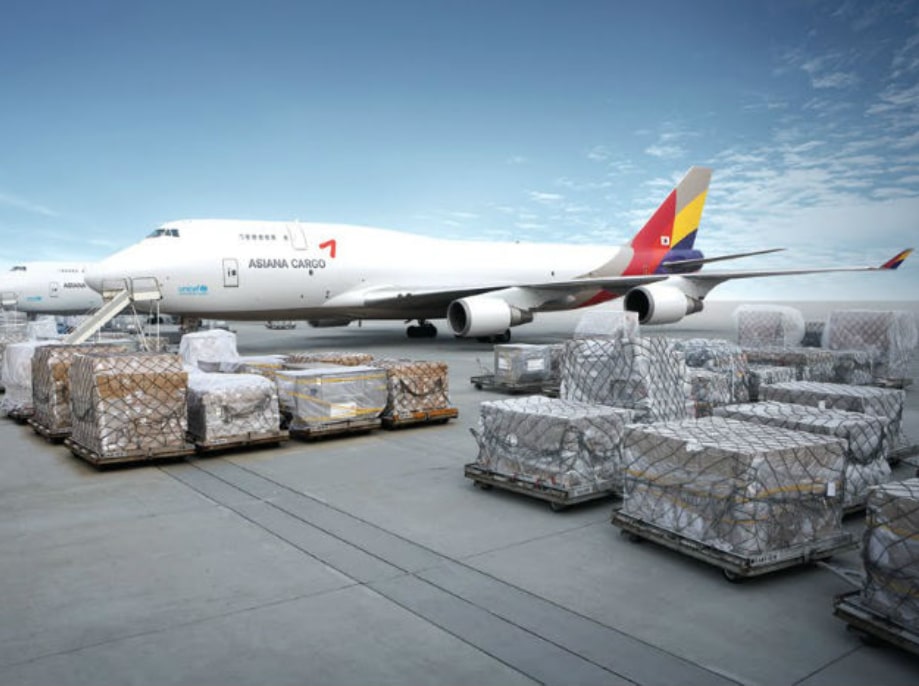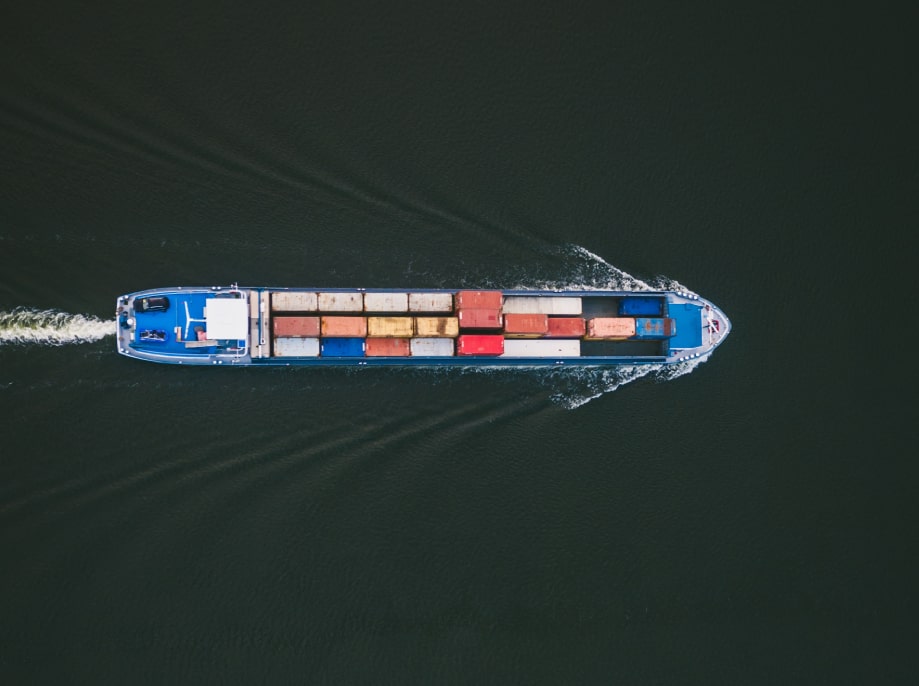
Ocean freight is the preferred method of shipping for 90% of the world's importers and exporters. But what about the other 10% who need to get goods somewhere rapidly and reliably?
Well, they use air freight.
Air freight makes the world a smaller pace. It cuts China-US freight shipping time from 20-30 days by the ocean to only three days by air cargo.
There are two kinds of air freight: international and express. While they use similar methods, they are not the same.
Express air freight is typically handled by one company (like DHL, UPS or FedEx). This company handles the entire shipment life cycle, with shipping from door to door in under five days. These express air freight shipments are usually smaller (less than one cubic meter and 200 kilograms) than regular air freight.
Depending on the type of cargo you're shipping and available space, international air freight rates can range from $2.50-$5.00 per kilogram,
International air freight shipments can be significantly larger and may move across multiple carriers during shipment. The largest cargo airplane, the Anatole 225 – can hold an entire train

Air freight shipping prices and costs
Like with any other form of shipping, weight and volume are key factors for cost. Depending on which is more expensive, air carriers will charge by either volumetric weight (aka dimensional weight) or actual weight.
The air shipping global rule of thumb calculates the volumetric weight to multiply the item's volume in cubic meters by 167.

Of course, if you don't want to do the math yourself (and who does?), plenty of Free weight calculators are available online.
The benefits of air freight
So if 90% of the shipping world chooses to ship by ocean freight, what's so great about air freight?
- Speed
- If you order a product from a manufacturer in China and choose to have it delivered via ocean freight, you won't see your goods for at least 30 days. But if you choose air freight? You'll have your product in less than a week.
- Reliability
- People are picky. So, to keep everyone happy, the freight market has developed more dependable freight cargo services. These improved services, combined with better air freight data movement, means you are secure in knowing that your goods will arrive at the right place at the right time.
- Protection
- Sure, piracy isn't as much of a problem as it used to be. However, goods are more likely to be damaged in ocean freight shipping than air shipping.
When shouldn't I ship by air?
If air freight is such a fast, secure option, why doesn't everyone choose it? “Because” there are some drawbacks.
- Cost
- To be frank, air freight comes with a pretty hefty price tag. Comparing air and ocean freight, a medium-sized 2000 lbs box from Shenzhen, China to New York, USA, can cost $1,200 by the ocean but a whopping $4,000 by air.
- CO2 emissions
- In a time when everyone is trying to be greener, air freight is a controversial choice. According to UK government research, 2 tonnes shipped for 5,000 kilometers by the ocean will lead to 150 kg of CO2 emissions, compared to 6,605 kg of CO2 emissions by air.
- Heavy shipments
- Freight shipping revolves around shipping containers, which are great for shipping large, heavy items. Because air freight is priced based on size and weight, these necessary containers quickly scale up the price.





